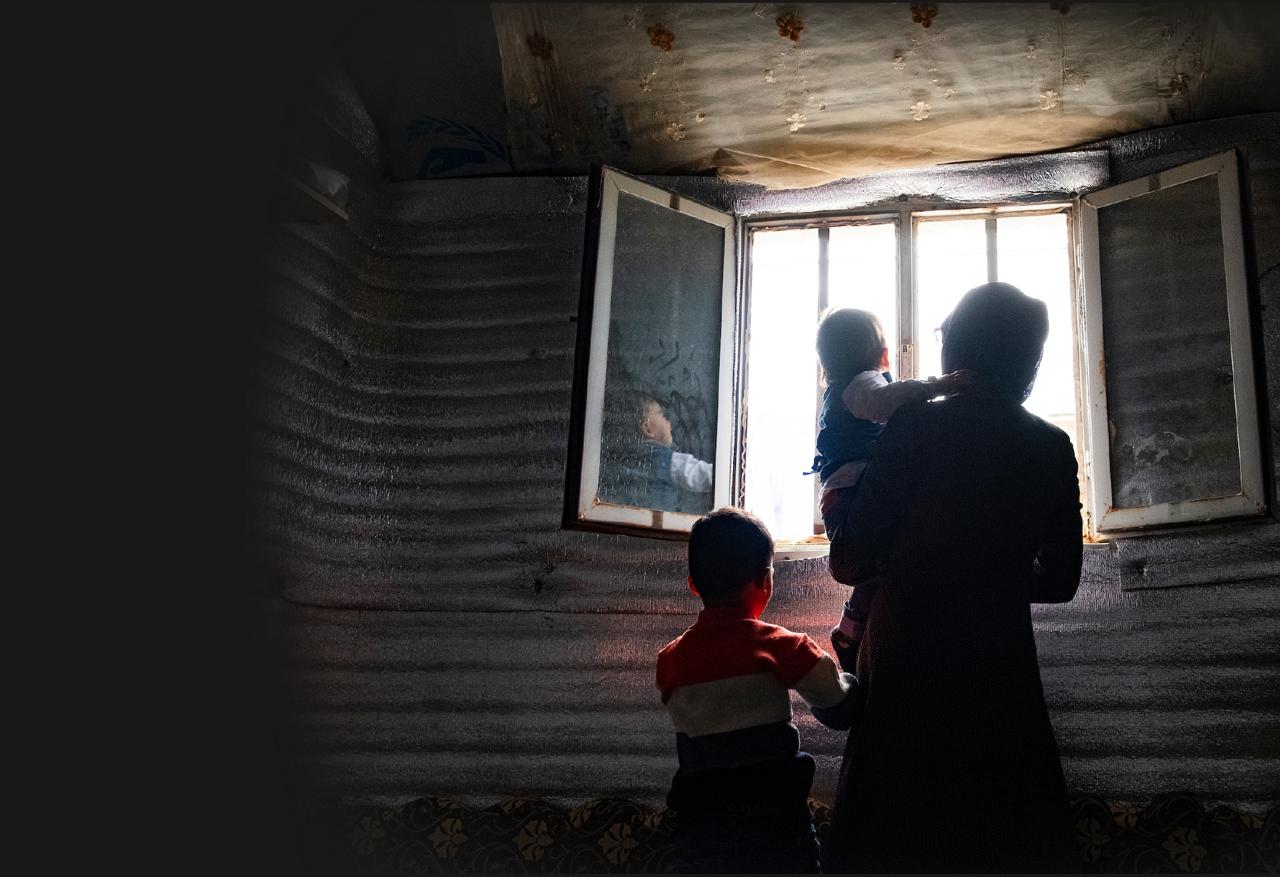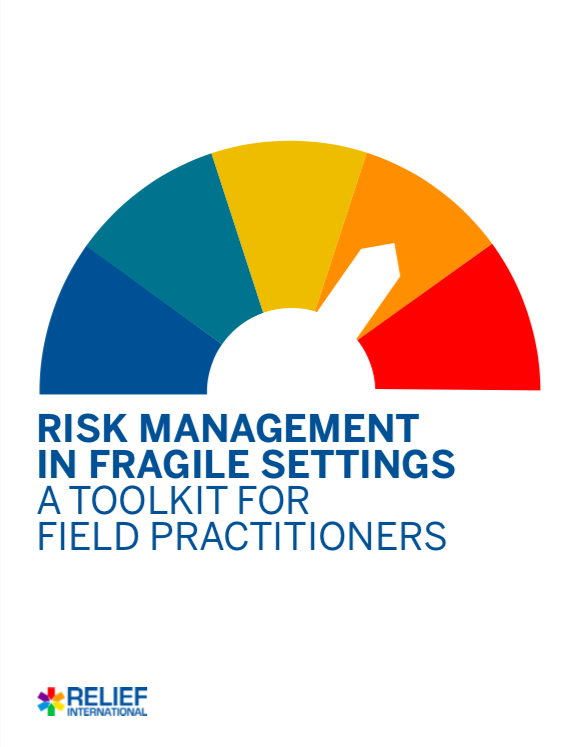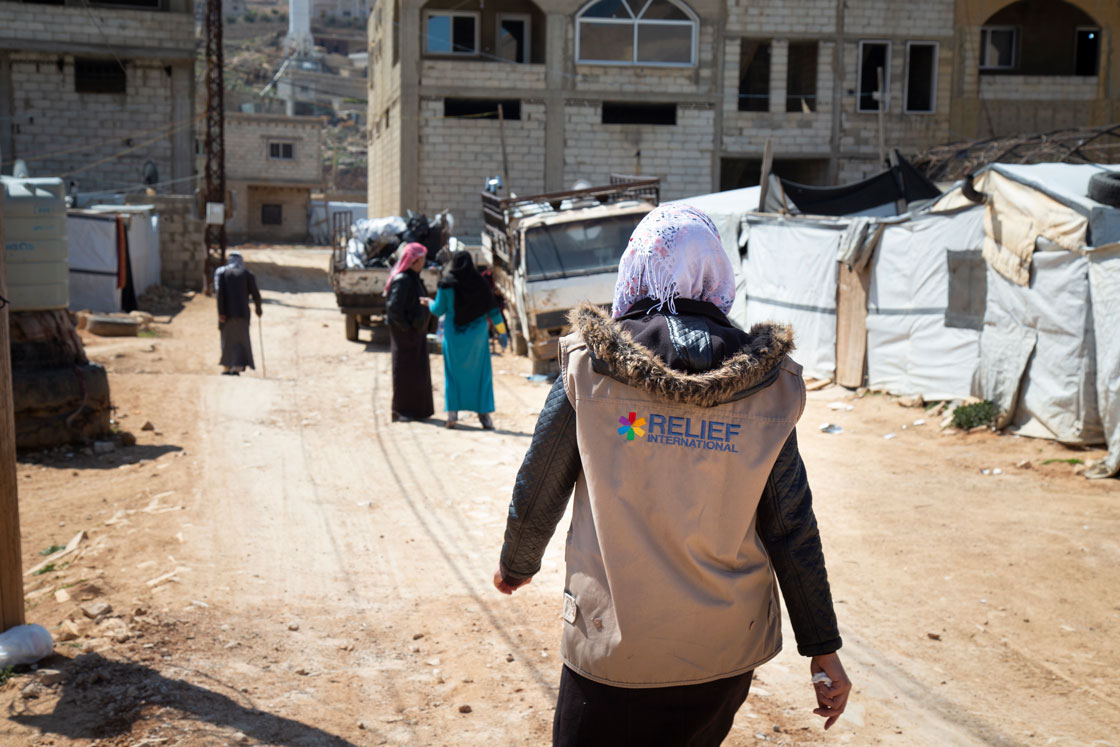Over the past decade, the operating environments in fragile settings have become increasingly complex, presenting unprecedented challenges to humanitarian actors.
As a specialist organization working in fragile settings, Relief International knows that the ability to manage programming remotely, work under threat of aid diversion, and ensure movement of funds without traditional banking is part of doing business as usual.
For that reason, we have developed Risk Management in Fragile Settings: A Toolkit for Field Practitioners, a resource to allow organizations to carry out day-to-day operations when full access to affected communities is not possible.
With risk management approaches becoming for many humanitarian organizations the “new normal,” the availability of a guiding framework on this subject is timely and critical. Such a framework offers humanitarian actors real-time guidance in assessing the potential risks and impact of a wide array of challenges.
This approach is designed with the clear aim of providing practical tools and guidelines for field staff so that they may:
- Clarify operational responsibility level;
- Support field managers in making timely and appropriate decisions when the supervisor is unreachable;
- Support quality monitoring and accountability;
- Offer a uniform approach to facilitate coordination and avoid duplication of activities;
- Provide actionable tools for project design, implementation, and monitoring; and
- Offer alternative operating processes to guide key decision-makers and program managers in fragile contexts.



